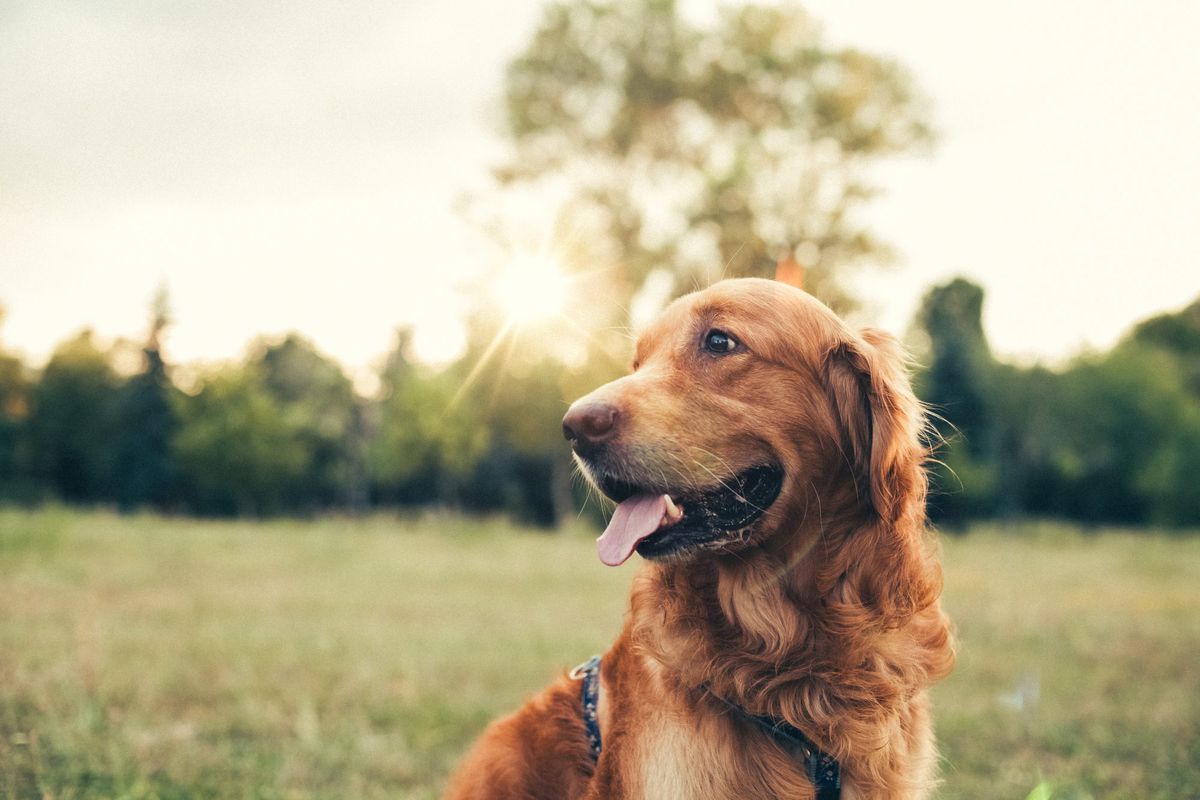If you follow Kayla Itsines on Instagram, then you probably know she recently lost one of her beloved huskies, TJ. In a heartbreaking post last week, the founder of Bikini Body Guides wrote that TJ's sudden death was the most difficult thing she had ever dealt with: "I feel absolutely numb on the inside, like a huge part of my life is now gone," she said in the caption for an old photo with TJ. Itsines let her fans know that she would be taking a few days off to mourn her "baby boy."
There's no question that mourning a pet can be an incredibly painful process, says Deborah Carr, PhD, a professor of sociology at Rutgers University. “[People will] say, it’s just a dog, or it’s just a cat." But anyone who loses a pet needs to know they have a right to grieve, she says.
Ours pets have such a consistent presence in our lives, Carr points out: You live with your pet. You feed her, and make sure she's getting enough exercise. She greets you at the door after a long day. "When a pet dies, every aspect of your daily life is affected," she says.
Below we've rounded up a few pieces of advice that may help as you cope with such a loss:
Celebrate your memories
Though it can be difficult, it's worth reflecting on the good times you shared with your pet, says Sarah Kate Bearman, PhD, an assistant professor of educational psychology at the University of Texas at Austin. You might even want to consider holding a small memorial service or funeral. “Some of those rituals, like having ceremonies or making something meaningful, are there because they are helpful," Bearman explains. "They give us an opportunity to process the meaning of the animal’s life, and what it’s meant to us."
But remove painful reminders
Old toys and leashes, litter boxes, unused food—these everyday things can stir up distressing emotions unnecessarily, Carr says. You can offer the supplies to a friend who can use them, or donate them to charity, she suggests. If giving away your pet's gear feels too sad, ask your partner or a friend to do it for you, Carr suggests.
Reach out
Your instinct may be to hibernate in solitude, but talking to a friend or family member that you trust will be more beneficial in the long run. “When we’re going through any kind of distressing stage, talking to others for social support is so important,” says Carr. So open up about your grief, share your favorite stories about your pet, and maybe seek advice from someone you know who has gone through a similar experience.
Stick to your normal routine
Try your best to keep up your regular activities. Maintaining a normal routine is an important coping strategy for any type of loss, Bearman points out—as is self-care. Go easy on yourself, and make time for activities that replenish your energy, whether that's exercise or meditation or curling up with a good book.
RELATED: 12 Surprising Causes of Depression
Give yourself time
Many people who lose a pet rush to adopt a new cat or dog, says Carr. They often end up with an animal that reminds them of their old one. But the fact is, "you’re not going to find another version of your cat or dog," she explains. Before you consider moving on, it's best to wait until you've gone through the grieving process. Then you will be ready to build a new bond with a loving animal. "It will be different, but it still might be wonderful," she says.
Seek help if you need it
There's no "right" amount of time to spend grieving a cat or dog, says Bearman. It depends on the person, and the relationship. But if months pass, and the pain still feels as fresh as it did right after your pet died, it may be worth getting some guidance from a mental health professional, she suggests.
